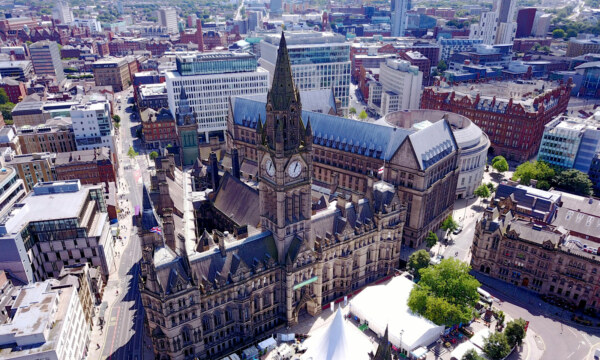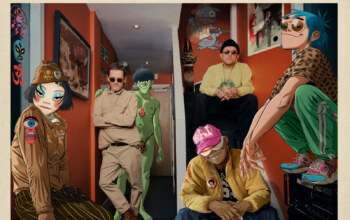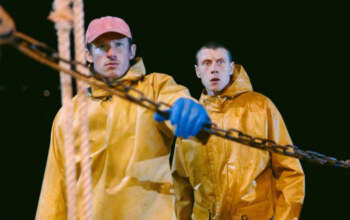A world without Wikipedia?

I’m sure most of us remember a time without the convenience of Wikipedia in our lives. However, in a globalised world the ever-increasing importance of technology in our day-to-day lives, those dusty encyclopedia books on the shelf have long been forgotten. When we think about it, five reasons why we couldn’t live without this glorious tool instantly come to mind:
Updated knowledge with 24/7 access
It doesn’t matter where you are, or what you’re doing: you only need some internet connection and your phone, laptop or tablet to solve any doubt you have. Wikipedia doesn’t know about borders, and for that reason anyone can collaborate with their knowledge or make any consultation at any time
It’s reliable (most of the time)
Anyone who calls himself a teacher or professor must have told you at least once in your life “…by the way, don’t use Wikipedia”, and probably they weren’t wrong when they told you that, because the downside of its free access is the fact that anyone, knowledgeable or not, can also write something inaccurate on the site. However, plenty of people tried to change the facts of scientific articles and those would get fixed by someone else within minutes; all the changes are tracked and will be checked. Also, most articles include a reasonable number of references, that we can access to verify the information.
All the info in one place
From how to tie a knot to the history of Japan, you’ll find the topic that you were looking for, written and developed in a very comprehensive way. Besides, the online encyclopedia not only splits itself into portals (art, history, technology etc), it also includes a “did you know” section and a list of headlines with the latest news around the globe. On a different note, Wikimedia Foundation (their hosting service) manages other projects that share the Wikipedia structure; among them we can find Wikivoyage or Wikiquotes.
It’s multilingual
Despite being an American-born site, its popularity and utility have expanded around the world since its foundation in 2001. Nowadays Wikipedia and all of its projects can be read in most languages, specifically in 295 different ones, with English and Cebuano being the two main ones – boasting 5,402,770 and 4,423,637 entries respectively.
It’s free
Although we all have read the requests for donations on the website during the last year, Wikipedia remains a free online encyclopedia for all their users. It represents the most accessible and democratic way of education.
Maria Barrios

























Facebook
Twitter
Instagram
YouTube
RSS